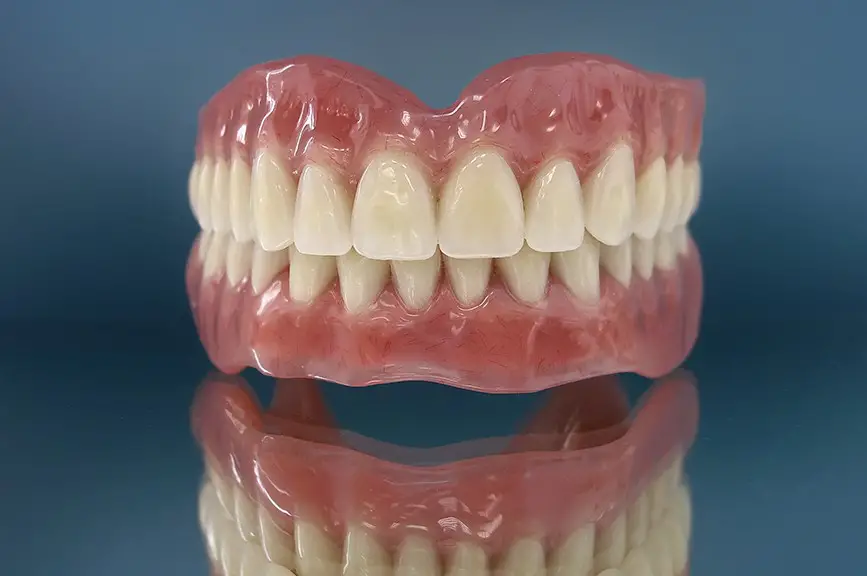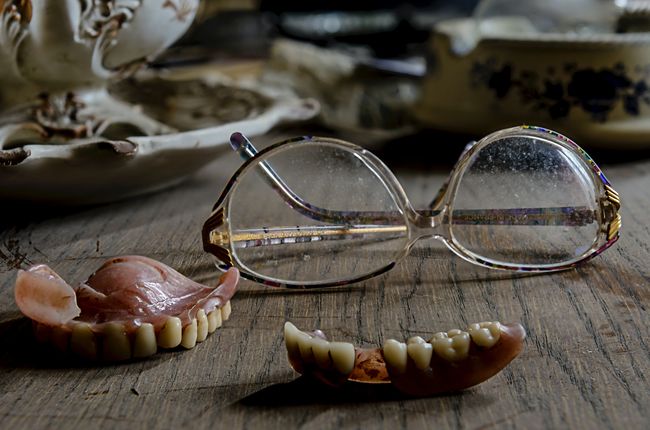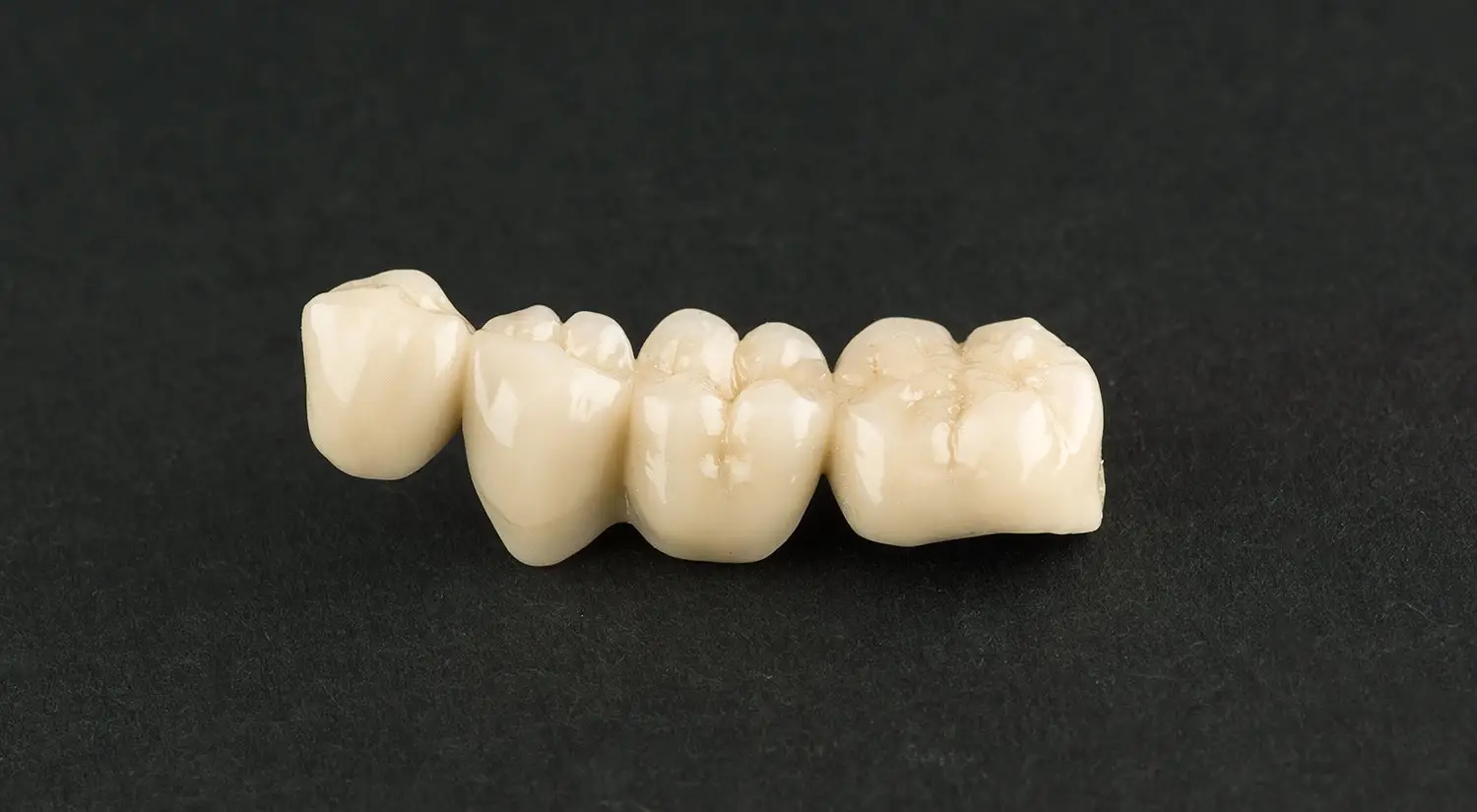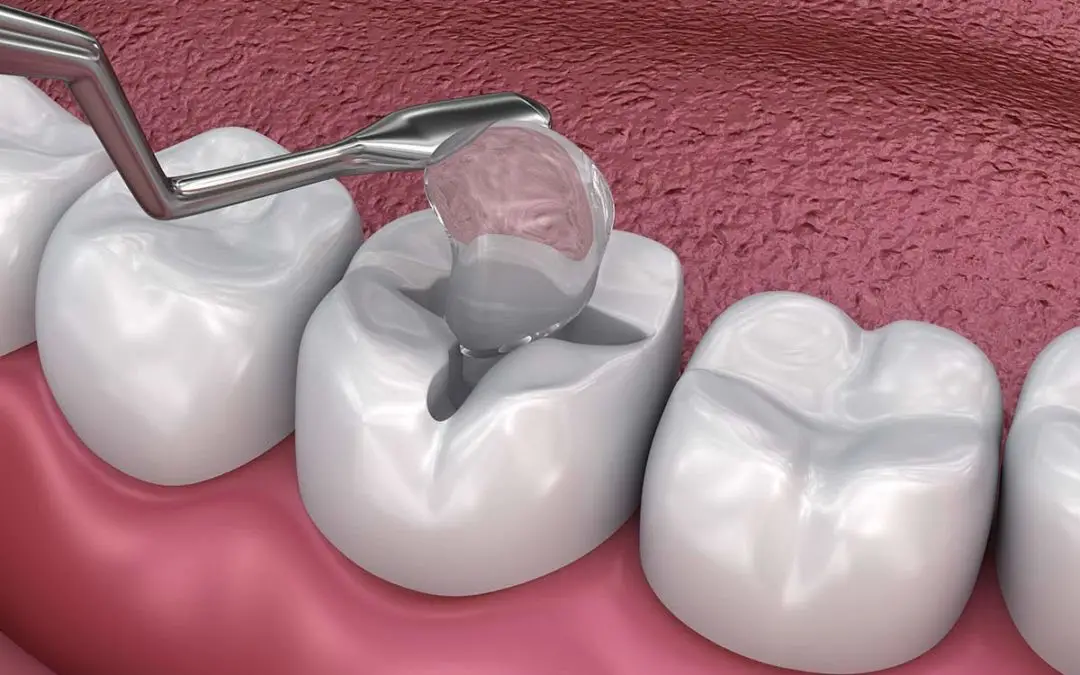When faced with a dental problem, many people dread the thought of needing a root canal. However, this common procedure can be a lifeline for those suffering from tooth pain or infection. If you’re in Lubbock, TX, and find yourself wondering about the longevity of a root canal procedure, you’ve come to the right place. From understanding what happens during the treatment to knowing how long it lasts and what factors impact its success, we’ll cover all you need to know. Let’s dive into everything that comes with getting your teeth back on track!
Understanding Root Canals
A root canal is a dental procedure designed to save a tooth that’s become infected or severely damaged. The treatment focuses on the pulp, which contains nerves and blood vessels within the tooth. When this area becomes inflamed or infected, it can cause significant pain.
During the procedure, your dentist will remove the affected pulp and clean out the inner chamber of the tooth. This helps eliminate infection and prevents further complications. After cleaning, they fill and seal the space to protect against future issues.
Many people fear root canals due to myths about pain; however, advancements in dentistry have made this procedure much more comfortable than in years past. Understanding what happens during a root canal can help ease anxiety and prepare you for a smoother experience at your Lubbock dental clinic.
Factors That Affect the Longevity of a Root Canal
Several factors influence how long a root canal lasts.
- The initial condition of the tooth plays a crucial role. Teeth that are severely damaged or infected may face challenges after treatment.
- The skill and experience of the dentist performing the procedure also matter. A well-executed root canal typically has better longevity, reducing the risk of complications later on.
- Post-treatment care is equally important. Adhering to proper oral hygiene practices can help maintain your teeth's health over time. Regular dental check-ups allow for early detection of any potential issues.
- Lifestyle choices impact longevity, too. Smoking or excessive sugar intake can weaken teeth, increasing vulnerability to further problems.
- Genetics can play an unseen role in dental health, affecting everything from enamel strength to susceptibility to decay and infection. Understanding these variables helps set realistic expectations for your root canal's lifespan. Contact us to learn more.
Success Rates of Root Canals
Root canals boast impressive success rates, often reported between 85% and 97%. This means the vast majority of patients experience relief from pain and can retain their natural tooth for years to come.
Factors like the severity of infection, theskill of the dentist, and adherence to aftercare play significant roles in these outcomes.
When performed correctly by an experienced professional, a root canal procedure can effectively eliminate bacteria while preserving tooth structure. Many patients enjoy functional teeth long after treatment.
Regular check-ups also contribute to maintaining that success rate over time. It's essential to monitor any changes or discomfort post-procedure to ensure everything is healing as it should be.
Given these high success statistics, many dental experts recommend root canals as a viable option for saving damaged teeth rather than opting for extraction.
Signs that a Root Canal May Need to Be Redone
Detecting the need for a root canal redo can be crucial in preserving your dental health.
- One of the first signs is persistent pain. If you experience discomfort long after the initial procedure, it may indicate an underlying issue.
- Another red flag is swelling or tenderness around the treated tooth. Inflammation can suggest infection, which requires immediate attention from your dentist.
- Sensitivity to hot and cold temperatures that lingers could also signal trouble. This type of sensitivity often points to nerve problems or incomplete cleaning during the original treatment.
- If you notice any discharge coming from your gums near the treated area, this isn’t normal and should prompt a visit to your dental professional. Staying aware of these symptoms ensures timely intervention and better outcomes for your oral health.
Tips for Maintaining and Prolonging the Life of a Root Canal
Taking care of your dental health is essential after undergoing a root canal procedure in Lubbock, TX.
- Start by maintaining good oral hygiene practices. Brush twice daily and floss regularly to prevent plaque buildup around the treated tooth.
- Regular dental check-ups are crucial. Your dentist can monitor the condition of the root canal and catch any potential problems early.
- Be mindful of what you eat as well. Avoid hard or sticky foods that could place undue stress on your restored tooth. If you're engaging in contact sports, consider wearing a mouthguard for added protection.
- Additionally, quit smoking if you smoke; it can hinder healing and increase the risks of complications. Staying hydrated also helps promote overall gum health, which benefits your teeth, too.
By following these simple steps, you can significantly extend the life of your root canal treatment while keeping your smile bright and healthy!
Alternatives to Root Canals
For those hesitant about the root canal procedure in Lubbock, TX, several alternatives exist.
- One option is tooth extraction. This involves removing the affected tooth entirely and can relieve pain quickly.
- Another alternative is pulp capping. This technique aims to protect a damaged nerve by sealing it, allowing the tooth to remain intact. It's often used for less severe cases where the pulp isn't fully infected.
- Medications like antibiotics or anti-inflammatory medications can also help manage symptoms temporarily while avoiding invasive procedures. However, these solutions don’t address the underlying issues.
- Dental crowns might be an option after extracting a decayed part of a tooth without affecting its root structure. They provide support but are best suited for minor decay situations.
Consulting with your dentist will ensure you understand each choice and find what fits you best. The right solution depends on individual circumstances and dental health needs.
Conclusion
Root canals are a vital dental procedure that can save your natural teeth and help maintain overall oral health. Understanding the longevity of a root canal is essential for anyone considering this treatment in Lubbock, TX. By knowing the factors affecting its success and how to properly care for your teeth afterward, you can enjoy long-lasting results.
With high success rates and proper maintenance, many individuals find their root canals last for years or even decades. However, being aware of signs that might indicate further intervention is necessary will empower you to take proactive steps toward maintaining your dental health.
If you're hesitant about a root canal procedure due to fears or misconceptions, exploring alternatives with your dentist could open up new possibilities tailored to your needs.
Prioritizing oral hygiene and regular check-ups ensures not only the health of your treated tooth but also contributes positively to the rest of your smile. Whether you're seeking treatment options in Lubbock or simply want more information about what comes next after a root canal, staying informed will always serve you well on this journey toward optimal dental wellness.
Dr. James Thurber, D.D.S., located in Lubbock, TX, has modern amenities and the latest technologies that enable the best dental care facilities for patients. Call us at (806) 745-6644 and book a consultation with the dentist.












